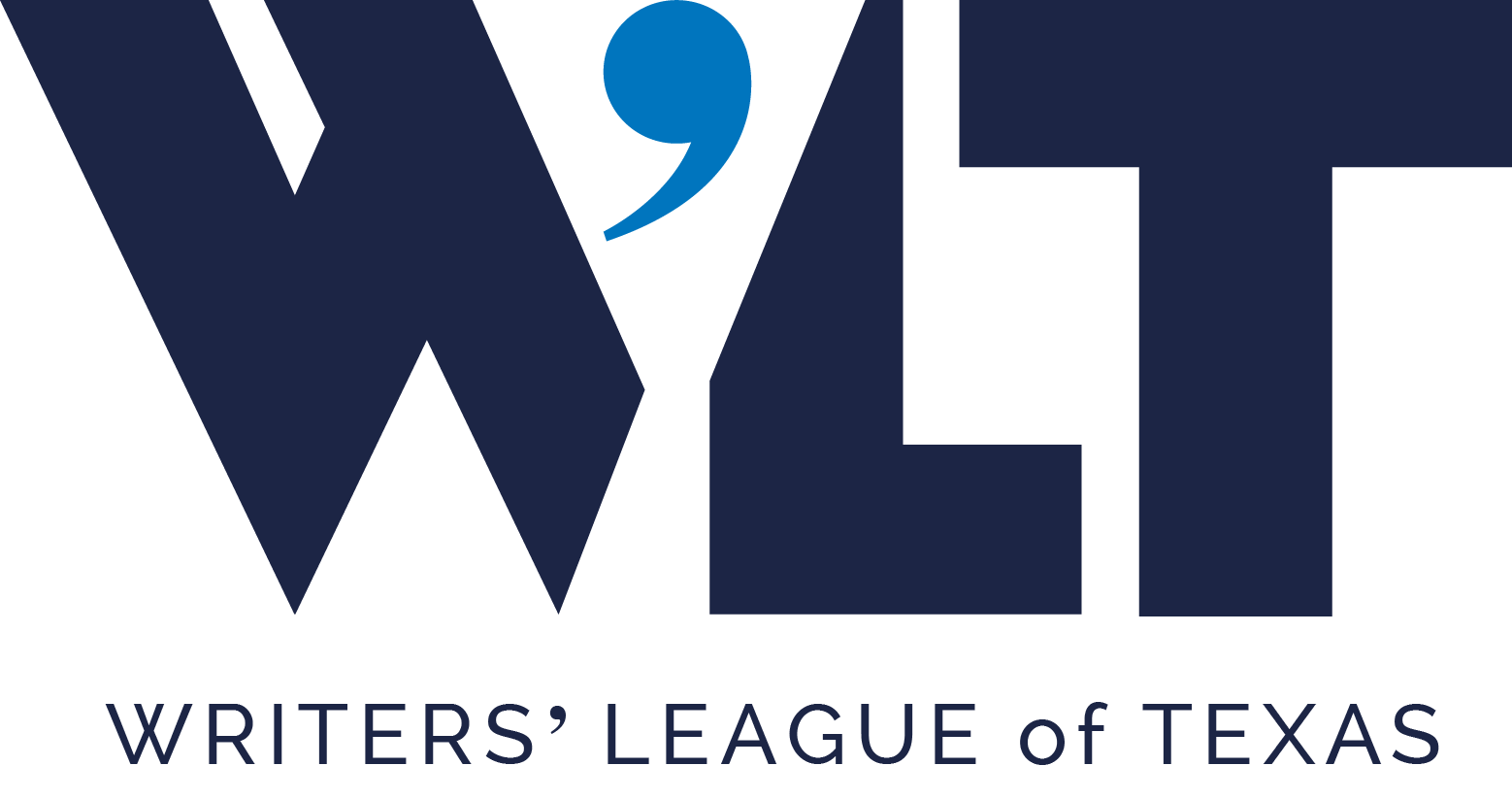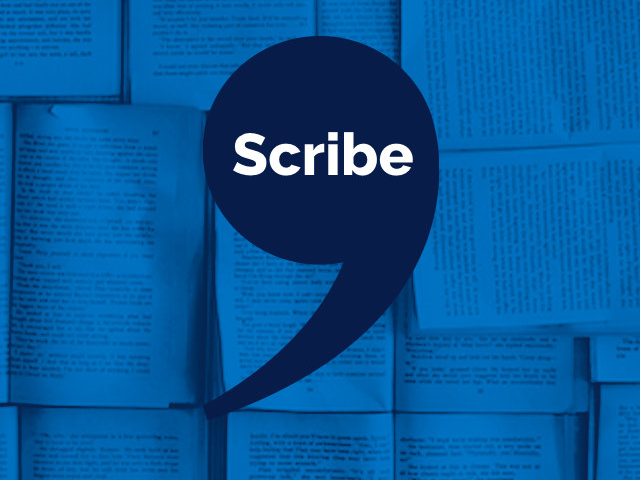An Interview with Literary Agent Emmanuelle Morgen
Emmanuelle Morgen is one of the many talented literary agents featured at the Writers’ League of Texas’ 2013 Agents and Editors Conference. Emmanuelle has been an agent at Stonesong since January 2012, and represents adult and children’s fiction, as well as memoir and select narrative nonfiction projects. I had the pleasure of asking her a few questions about her work, literary interests, and a little bit about the conference. For more information on Emmanuelle and other agents, visit our Featured Agents page.
Why did you become a literary agent?
Emmanuelle Morgen: I love to read and can’t think of a better job than one that involves discovering and reading new manuscripts. My family moved several times when I was little, and books became my constant companions. I wanted to give back to the community that’s given me so much, so it’s a privilege to support authors in my work. I also grew up in a family that debated around the dinner table so I enjoy the negotiation aspect too.
What is the first thing you look for in a piece of fiction? How do you know if it has the “it” factor?
EM: Voice. It’s that thing that draws you in and makes you forget that you’re reading, even where you are and who you are. I look for a manuscript that takes hold and doesn’t let go. And after the last page is turned, the scenes and themes stay with you for weeks. Or forever!
What in particular draws you toward YA fiction?
EM: The teen years are full of turning-point moments, life-changing moments, and as adults when we look back we remember those times with a particular clarity. There are so many “firsts”, and it’s fascinating to explore these in fiction. The themes are perennial but each situation, real or imagined, is different so we can continue to examine issues of identity, self-esteem, integrity, learning to tell the difference between right and wrong, etc., by reading stories. Each story looks at a familiar theme or issue from a new angle. I think it’s important for teens to have access to good fiction, and I’ve always loved coming-of-age stories, whether shelved in the children’s section or the adult section.
What goes through your mind when you read a great manuscript?
EM: Ideally, nothing. Ideally, I’m lost in the story and only stop to make notes when I hit “bumps” in the road. These are moments when I’m taken out of the narrative by an inconsistency in character, plot, etc. Or perhaps the author was afraid to let the character grow. In a great manuscript these issues can be cleared up in the revision process.
What is your favorite book and what effect did it have on you?
EM: I can’t pick just one, but I can talk about a few childhood favorites that I read more than, say, four times. I think A Tree Grows in Brooklyn is partly responsible for my choosing a lot of books with strong female protagonists. And I consider Watership Down to be one of the ultimate journey stories, a genre I adore. (Someday I’d like to represent a manuscript with an animal protagonist, too, though it may take me my entire career to find the right one.) A Little Princess made me love orphan stories. In high school I read all of Stephen King’s early works and after I retire I plan to reread them all. And finally in adulthood I discovered romance, more historical novels, and memoirs. I think historical romance makes a feminist out of anyone who reads it. And among memoirs, The Glass Castle and Infidel each made a strong impact. In the latter, the author talks about how popular fiction from the West inspired her to escape her circumstances in Somalia. She wrote that “books, even the trashy ones, carried with them ideas—races were equal, women were equal to men.” See, books really do change lives.
What was the strangest pitch you’ve ever experienced?
EM: Ahaha, I only remember the good ones. For example, once at a conference a writer approached me at a cocktail mixer where I really was not at my best. It was after a long day of pitches, I was pretty exhausted, and all I could think of was a glass of wine and going to bed. Well, it only took one line for me to go from hazy to alert instantly. She said her novel was about “a woman in Regency England whose husband dies leaving her disinherited unless she’s borne him a son or was pregnant at the time of his death…so she resolves to get pregnant really quickly.” My jaw dropped; the moral and social implications were astounding. That was Cecilia Grant and the book is A Lady Awakened.
If you could have any other career, literary or not, what would it be?
EM: I wouldn’t choose any other job, but if I had double the days in the year I would open a small antique and vintage furniture shop.
What do you like about the Agents Conference and the Austin/Texas writing community?
EM: This will be my third visit to the conference, and I think it’s an excellent one for writers. Also, I just love Austin: the architecture, the river, the music, and, of course, the bats! One of my clients, Amy Tintera, author of Reboot, grew up in Austin, and I’m looking forward to visiting a couple of spots she recommended, as well as meeting other creative writers from the area.
What do you do in your free time?
EM: I read published books. And my family is far flung so I travel to see them as often as I can.
What are the benefits of having long-term relationships with your clients?
EM: Knowing my client’s history and how they’ve has grown helps me strategically plan for their future. It helps me shape their career in such a way that they can feel free to live and write in exactly the way that they want. Over time we can fine-tune or overhaul their publishing experience according to their goals and circumstances.
_______________________________









